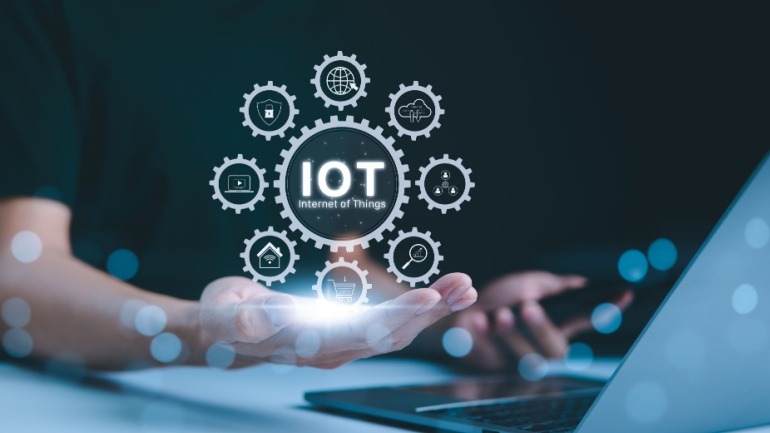Open Gateway, initiated by GSMA, is set to redefine mobile networks with standardized telecom APIs, underpinning 5G’s potential. With coverage from 67 global operators, it aims to streamline developer interaction and offers vast opportunities for API-driven fraud prevention, edge computing, and digital transformation.
European telecom operators face formidable challenges in phasing out copper networks by 2030, as highlighted in a BEREC report. The EU’s ambitious goal to enhance digital capacity with complete 5G and fiber connectivity underscores significant obstacles.
The latest GSMA report indicates limited progress by hyperscalers like AWS, Microsoft Azure, and Google Cloud in embracing the Open Gateway initiative for mobile networks. Telecom vendors such as Ericsson and Nokia are advancing API initiatives.
Verizon introduces free network slicing to consumers through Enhanced Video Calling. This innovative move, targeting iPhone users on 5G Ultra Wideband, promises superior video call quality on popular platforms.
Microsoft has sold its former private 5G unit, Metaswitch, to Alianza, signaling a shift in its telecom strategy. While Microsoft’s 5G efforts struggled, this deal enables Alianza to modernize telecom infrastructure for over 1,000 service providers, enhancing cloud-native and AI-driven services.
Verizon’s telecom landscape is buzzing with the strategic hiring of industry veteran Dan Schulman. His impressive track record, ranging from AT&T to PayPal, brings a fresh perspective to Verizon’s quest for growth.
The Vodafone UK and Gigs partnership is revolutionizing the telecom industry by enabling startups to easily create Mobile Virtual Network Operator (MVNO) services. Leveraging Vodafone’s vast network, tech companies can now seamlessly integrate custom phone plans, improving customer engagement and unlocking new revenue streams.
As telecommunications swiftly evolve, Vodafone and AST SpaceMobile’s partnership is pivotal. By offering space-based cellular broadband, their agreement redefines access beyond traditional networks.
Nokia and stc Group have successfully trialed a generative AI solution to enhance telecom services, improving efficiency, reducing costs, and speeding up service delivery. The “AI for Provisioning Services” project streamlines network management, benefiting businesses and communities.
Explore the latest collaboration between UK-based cellular IoT MVNO, Eseye, and satellite provider, Sateliot. Together, they are transforming the IoT landscape by extending network coverage with a cutting-edge satellite solution, promising seamless global connectivity.













